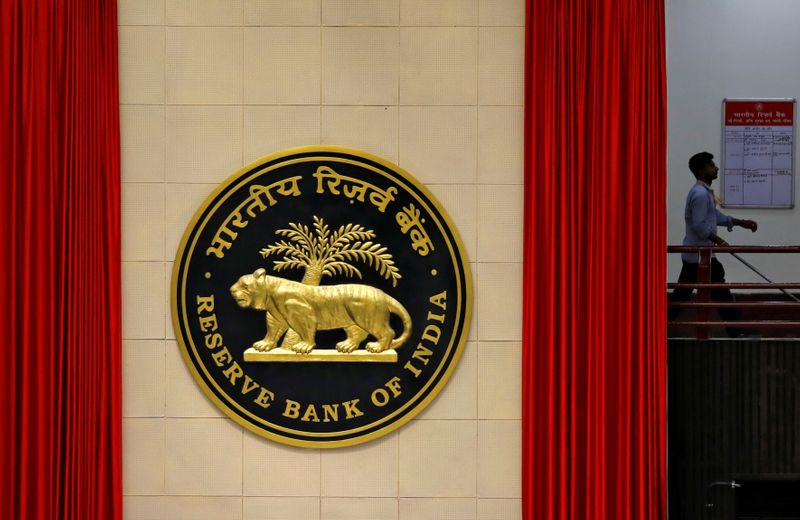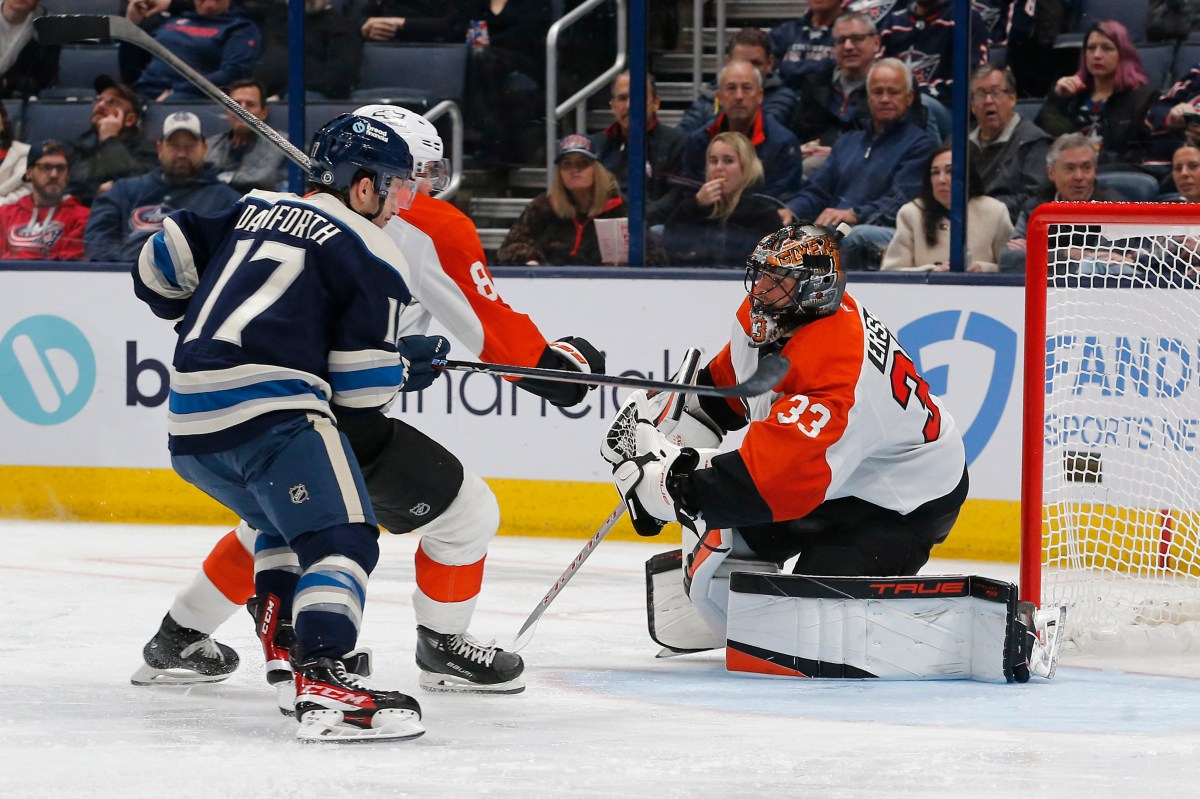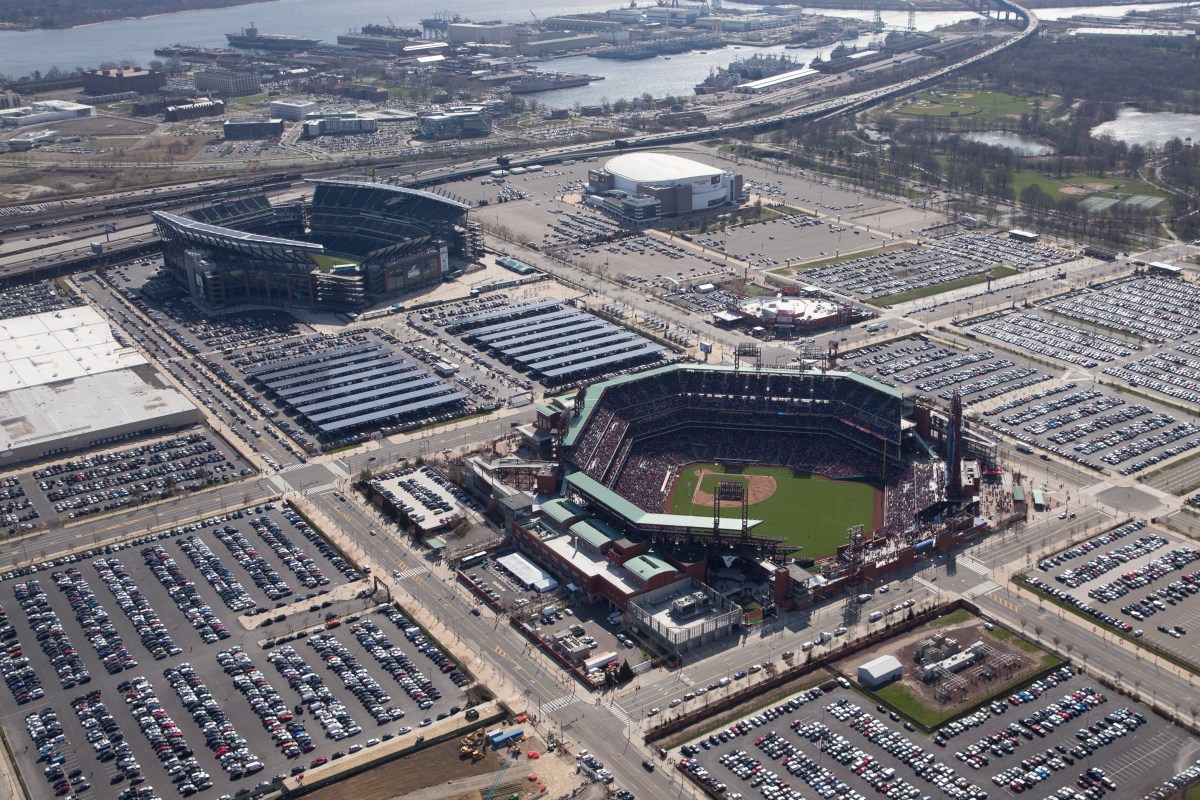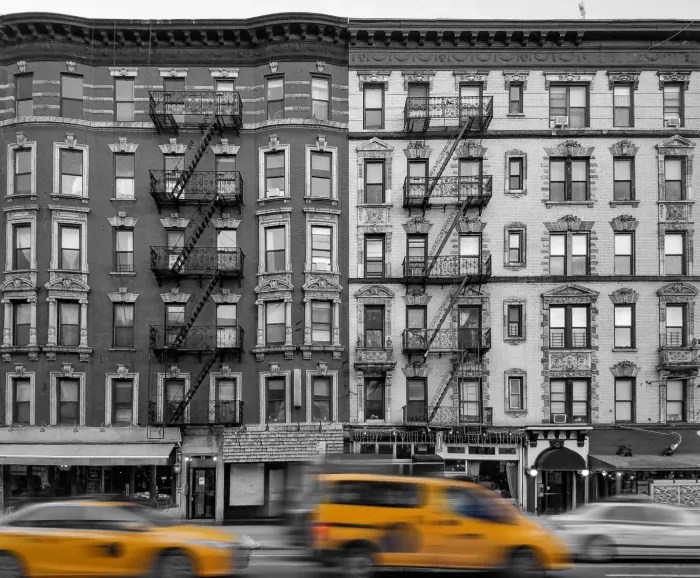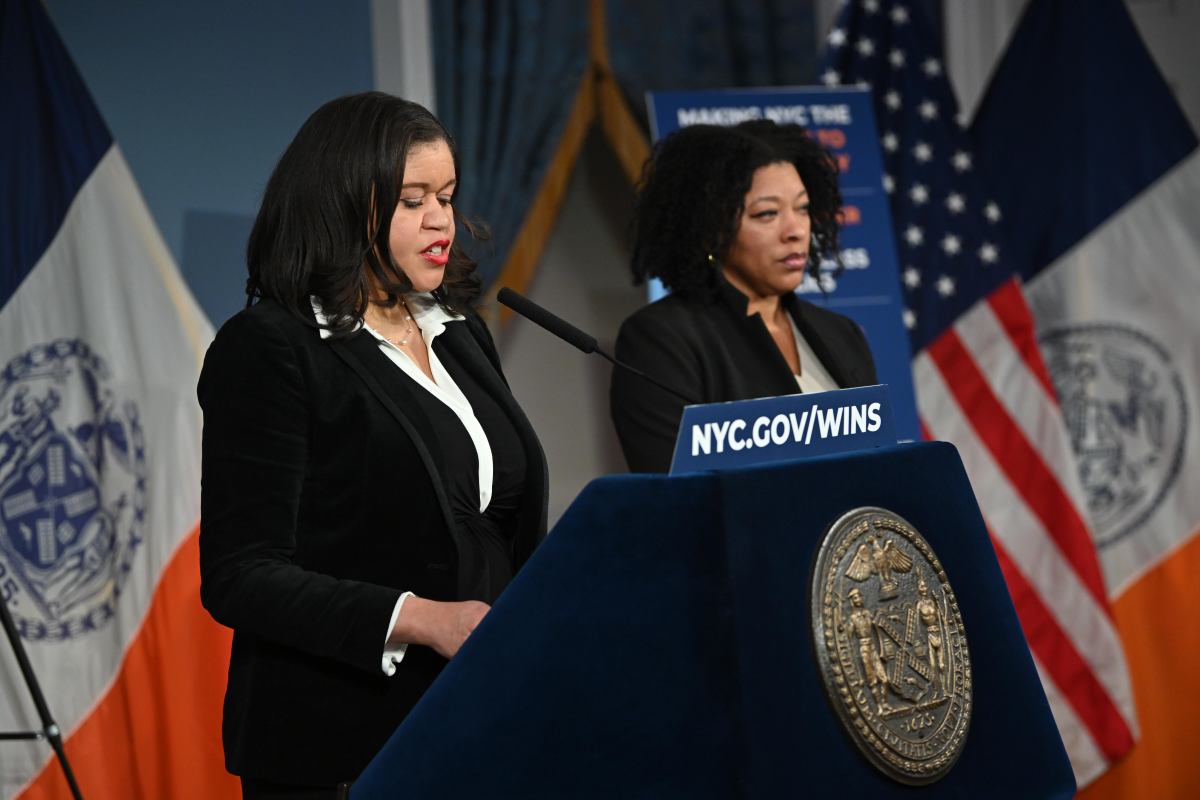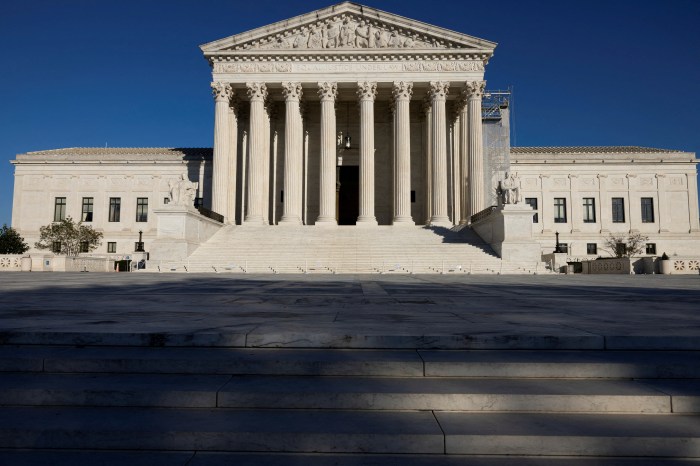MUMBAI (Reuters) – The outlook for India’s economic recovery has been sharply altered by the coronavirus outbreak, the central bank said in its Monetary Policy Report, underlining the pandemic’s deepening impact on South Asia’s engine of growth.
“Prior to the outbreak of COVID-19, the outlook for growth for 2020-21 was looking up,” the Reserve Bank of India said.
“The COVID-19 pandemic has drastically altered this outlook. The global economy is expected to slump into recession in 2020, as post-COVID projections indicate.”
India’s economy expanded at its slowest pace in more than six years in the last three months of 2019 and was projected to clock in full-year growth of 5% which would be the lowest in over a decade.
The nationwide lockdown is set to sharply impact March quarter growth and analysts have cut their 2020/21 GDP growth projections to 1.5-2%, levels unseen in India in decades.
Any benefit seen in the terms of trade from a prolonged downturn in the price of international crude is also unlikely to offset the economic drag from the coronavirus-induced lockdown of the country and loss of external demand, RBI said.
“While efforts are being mounted on a war footing to arrest its spread, COVID-19 would impact economic activity in India directly through domestic lockdown. Second round effects would operate through a severe slowdown in global trade and growth,” the central bank said.
The RBI, as it did in its policy statement last month, reiterated that conditions remained highly uncertain and said it is refraining from providing any projections on GDP growth.
Describing the present environment as “highly fluid”, the central bank said that it is assessing the “the intensity, spread and duration of COVID-19.”
India has reported over 5,000 active coronavirus cases and 166 deaths as of Thursday morning.
The RBI in an emergency move late last month cut its key lending rate by a bigger-than-hoped 75 basis points and announced several measures to inject rupee and dollar liquidity in the domestic markets.
INFLATION IMPACT
The impact of COVID-19 on inflation is ambiguous relative to that on growth, with a possible decline in prices of food items being offset by potential cost-push increases in prices of nonfood items due to supply disruptions, the central bank said.
India’s retail inflation is expected to have slowed to a four-month low of 5.93% in March versus 6.58% in February.
The report projects CPI inflation to ease to 4.8% in the June quarter, 4.4% in the September quarter, 2.7% in the December quarter and 2.4% in the March quarter of fiscal year 2020/21.
The RBI said the projections come with the caveat that given the prevailing uncertainty, aggregate demand may weaken more than currently anticipated and push down core inflation further, while supply bottlenecks could exert greater pressures than expected.
The massive liquidity injections too could potentially fuel prices in the longer run but risks around the inflation projections appear balanced at this juncture, the RBI said.
“But COVID-19 hangs over the future, like a spectre,” the central bank cautioned.
(Reporting by Swati Bhat; Editing by Shri Navaratnam)

